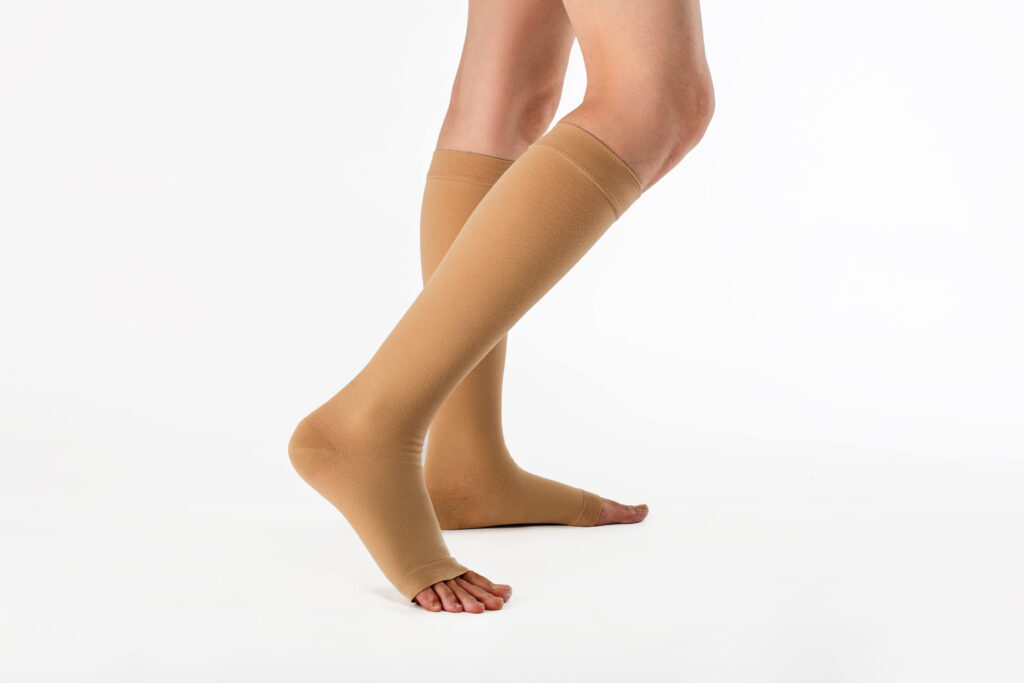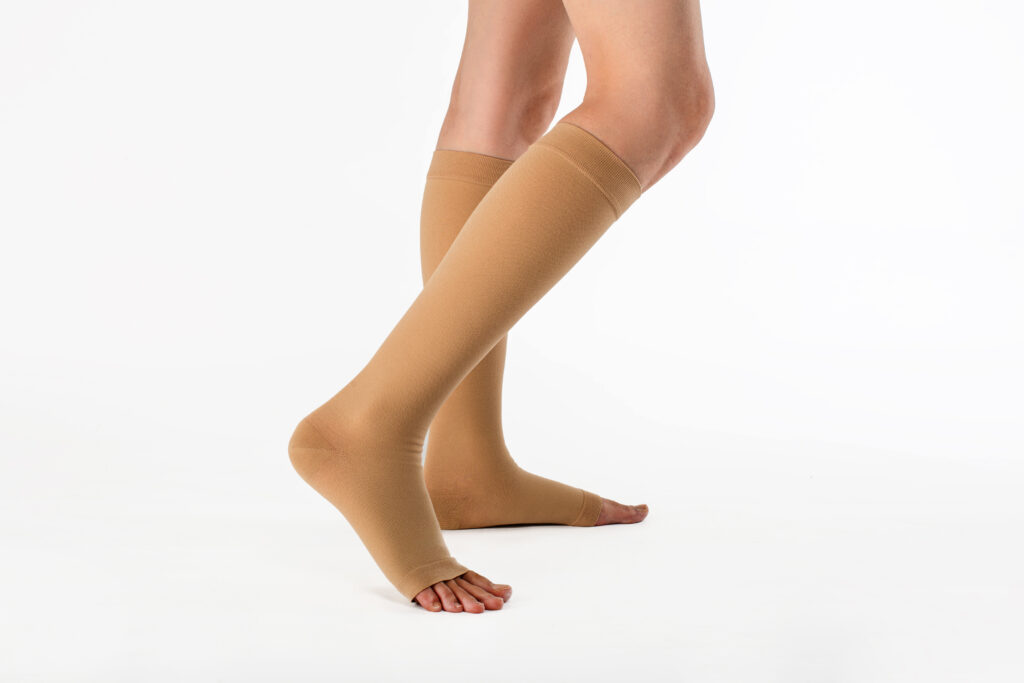
Historically, patients undergoing varicose vein treatments have commonly faced prolonged postoperative use of compression stockings, resulting in both inconvenience and psychological burden. Recently, the CHIVA (Conservative Hemodynamic Cure for Venous Insufficiency) method, grounded in precise hemodynamic correction of venous insufficiency, has challenged this conventional approach, significantly reducing reliance on compression stockings and improving patients’ quality of life.
The CHIVA method employs meticulous ultrasound-guided identification of venous reflux points, allowing selective ligation or modulation of critical veins without removing major trunk veins. By preserving normal venous pathways and restoring valve function, this minimally invasive approach substantially reduces tissue trauma, hematoma, postoperative swelling, and pain. Consequently, patients experience a decreased necessity for prolonged compression stocking use.
Clinical evidence demonstrates that most patients undergoing CHIVA treatment require only short-term postoperative compression stockings, with many completely discontinuing their use within weeks. In comparison to traditional vein stripping, which typically necessitates months or even lifelong compression stocking wear, CHIVA significantly enhances postoperative recovery and quality of life. This benefit is particularly notable for younger patients and individuals with active lifestyles.
Nevertheless, the necessity for postoperative compression stockings should always be evaluated individually, considering the complexity of the venous condition and associated comorbidities. Patients with more complicated venous pathology or additional health concerns may still require tailored postoperative compression therapy.

Selecting experienced and properly trained medical teams certified in CHIVA technique is crucial for minimizing postoperative dependency on compression stockings. Open communication with healthcare providers regarding treatment plans and postoperative care significantly contributes to optimal recovery and the restoration of freedom and health.
